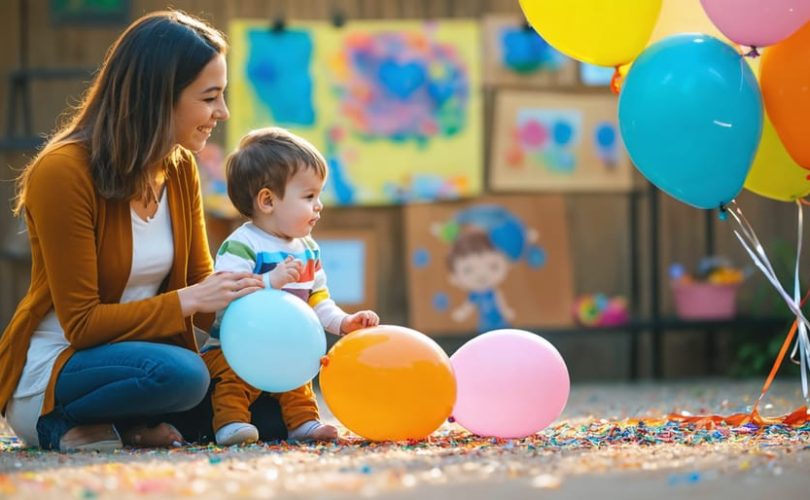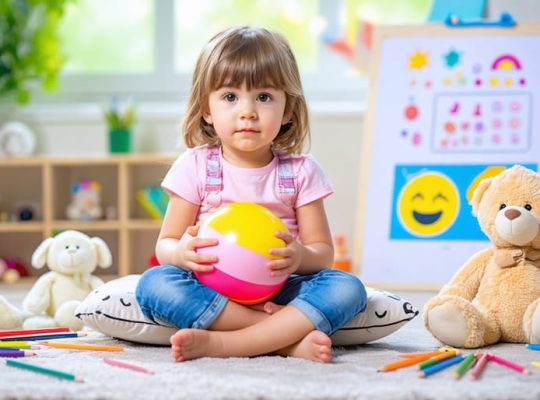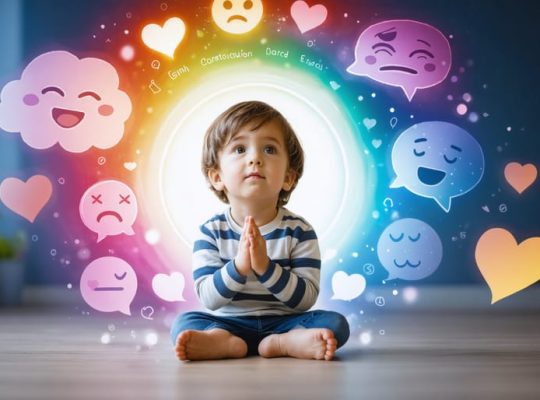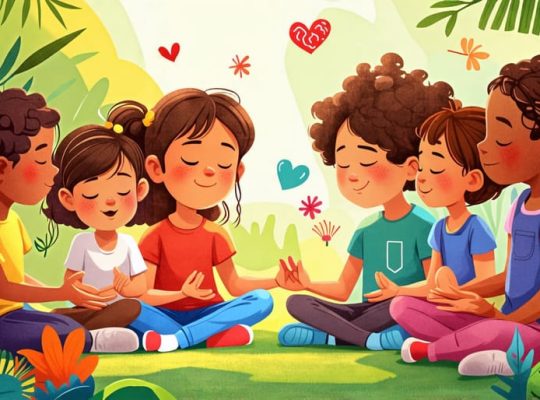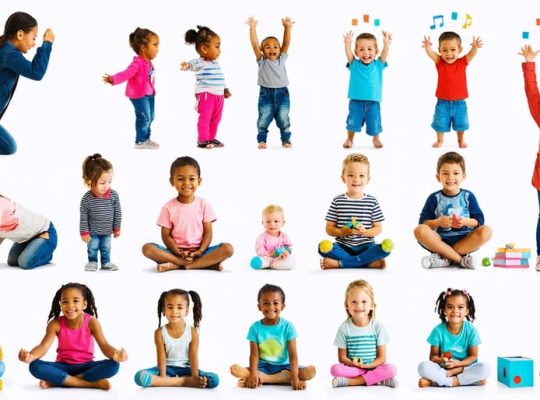Teaching our children essential coping skills at age eight builds the foundation for lifelong emotional resilience. At this pivotal age, children face new academic challenges, evolving friendships, and complex emotions they’re just beginning to understand. While every child develops differently, most eight-year-olds are ready to learn practical strategies for managing stress, anxiety, and daily frustrations. Through age-appropriate techniques like deep breathing exercises, creative expression through art, and simple mindfulness activities, parents can equip their children with valuable tools they’ll use throughout their lives. These skills not only help children navigate current challenges but also prepare them for future emotional growth and development. By introducing coping strategies through play, storytelling, and interactive exercises, we can make emotional learning both effective and engaging for young minds.
Understanding Your 8-Year-Old’s Emotional World
Common Triggers at This Age
Eight-year-olds face unique challenges as they navigate increasingly complex social and academic environments. School-related stress often becomes more pronounced at this age, as children encounter harder subjects and face greater academic expectations. Many children feel pressure to perform well on tests, complete homework, and keep up with their classmates.
Friendship dynamics can become particularly challenging during this developmental stage. Children may experience their first serious conflicts with friends, face exclusion from peer groups, or struggle with understanding changing social rules. They might feel confused about why some friends suddenly act differently or why playground politics seem more complicated than before.
Family changes can also significantly impact eight-year-olds. Whether it’s welcoming a new sibling, adapting to parents’ changing work schedules, or dealing with family transitions like moves or divorces, these shifts can feel overwhelming. Children this age are more aware of family dynamics but may not yet have the emotional vocabulary to express their feelings about these changes.
Additionally, many eight-year-olds begin showing increased sensitivity to criticism and comparison with peers, making them more vulnerable to self-esteem issues and anxiety about fitting in.
Physical Coping Strategies
Simple Breathing Exercises
Breathing exercises can help children calm down when they’re feeling overwhelmed or anxious. Try teaching your child these fun and simple techniques:
“Birthday Cake Breathing”: Ask your child to imagine a beautiful birthday cake with lit candles. Have them take a deep breath in through their nose, then blow out the candles slowly through their mouth. Repeat three times.
“Balloon Belly”: Have your child lie down and place a small stuffed animal on their tummy. Tell them to watch the toy rise when they breathe in deeply, and sink when they breathe out slowly. This helps them visualize deep breathing.
“Dragon Fire Breaths”: Encourage your child to pretend they’re a dragon. Breathe in deeply through the nose, then exhale forcefully through the mouth while making a “whoosh” sound. This is especially helpful when they’re feeling angry.
Remember to practice these exercises when your child is calm, so they’ll be familiar with them during stressful moments.

Movement-Based Activities
Movement is a powerful way for 8-year-olds to manage big emotions and release stress. When children feel overwhelmed, engaging in physical activities can help them feel more balanced and calm. Simple exercises like jumping jacks, running in place, or dancing to favorite songs can quickly shift their emotional state.
Create a “movement corner” where your child can safely bounce, stretch, or do yoga poses when feelings become intense. Animal walks – like bear crawls or crab walks – make movement fun while providing emotional relief. Even simple activities like squeezing stress balls or doing wall pushes can help release pent-up energy.
Encourage your child to match their movement to their emotions – stomping for anger, flowing movements for anxiety, or gentle stretching for sadness. Remember to join in sometimes – moving together can strengthen your bond while teaching healthy coping skills.
Creative Expression Tools
Drawing and Coloring Activities
Drawing and coloring provide powerful outlets for children to express their emotions when words feel difficult. Encourage your 8-year-old to keep a special art journal where they can draw their feelings using different colors and shapes. Red might represent anger, while blue could show sadness, helping them understand and communicate their emotions visually.
Create a dedicated “calm down corner” with art supplies where your child can go when feeling overwhelmed. Simple activities like coloring mandalas or drawing their “worry monsters” can help release tension and anxiety. Remember, the goal isn’t to create masterpieces but to provide a safe space for emotional expression.
Ask gentle questions about their artwork, like “Can you tell me about your drawing?” rather than making assumptions. This opens dialogue and helps children process their feelings through creative expression.
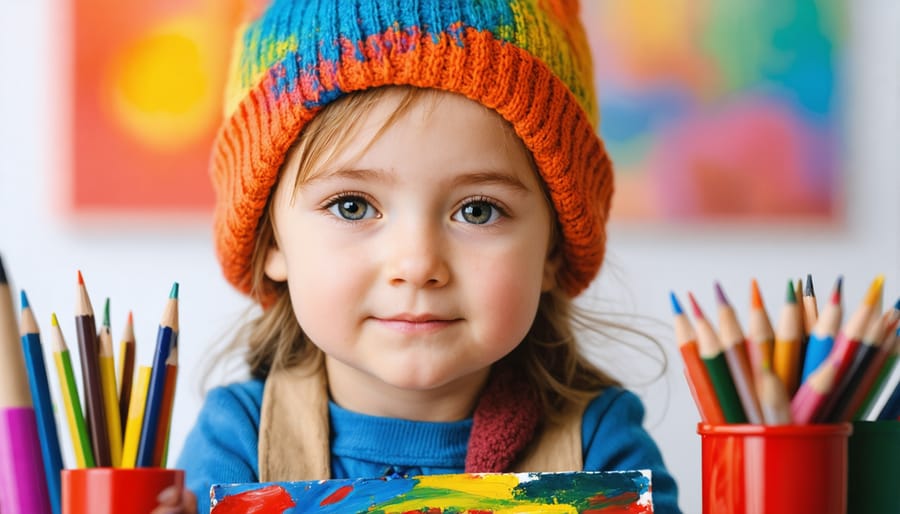
Communication and Social Skills
Helping your 8-year-old develop strong communication skills is crucial for managing emotions and building resilience. Encourage your child to use “I feel” statements when expressing emotions, such as “I feel frustrated when I can’t solve this math problem” instead of “This is too hard!” This approach helps them identify and articulate their feelings more clearly.
Create a safe space where your child feels comfortable asking for help. Remind them that seeking support is a sign of strength, not weakness. Practice role-playing different scenarios, like asking a teacher for clarification or telling a friend they’re feeling upset. This helps build confidence in real-world situations.
Teaching active listening skills is equally important. Show your child how to maintain eye contact, nod to show understanding, and ask questions when others are speaking. You might introduce the “stop, think, respond” technique, where children pause before reacting to challenging situations.
Consider establishing a daily “feelings check-in” at dinner or bedtime, where family members share one emotion they experienced that day and how they handled it. This ritual normalizes emotional expression and reinforces healthy communication habits.
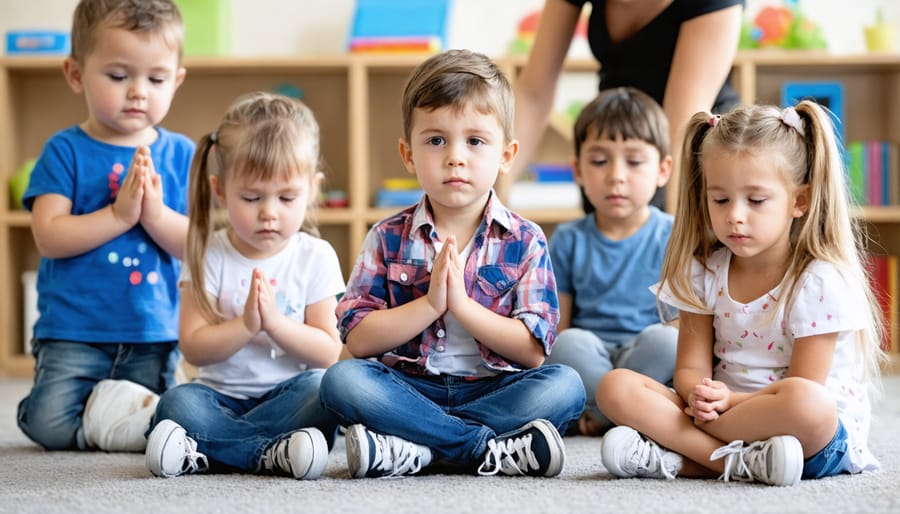
Making Coping Skills Fun
Making coping skills enjoyable is key to helping children embrace and practice them regularly. Turn deep breathing exercises into “dragon breath” games where kids pretend to blow out birthday candles or create bubbles. Transform mindfulness activities into superhero “power poses” that help kids feel strong and centered while learning to navigate big emotions.
Create a “calm-down corner” with their favorite stuffed animals, coloring supplies, and sensory toys. Make it a special space they help design. Turn emotional expression into art projects – encourage them to paint their feelings or create emotion collages using magazine cutouts.
Use storytelling to practice problem-solving skills by making up adventures where characters face challenges similar to their own. Role-playing games can help them rehearse responses to difficult situations while having fun.
Remember, when children associate coping strategies with play and creativity, they’re more likely to use these tools when they need them most. Keep activities light-hearted and praise their efforts to make emotional regulation feel like a natural, positive part of their daily routine.
Remember, teaching coping skills to your 8-year-old is a journey that requires time, patience, and consistency. Every child develops at their own pace, and what works for one might not work for another. As you help your child build these essential life skills, celebrate small victories and remain supportive through challenges. When children see their parents staying calm and practicing these techniques alongside them, they’re more likely to embrace them too. Keep reinforcing these strategies during calm moments, not just during difficult times, and your child will gradually develop a toolkit of coping skills they can rely on throughout their life. With your loving guidance and persistence, your 8-year-old will become more resilient and better equipped to handle life’s ups and downs.

